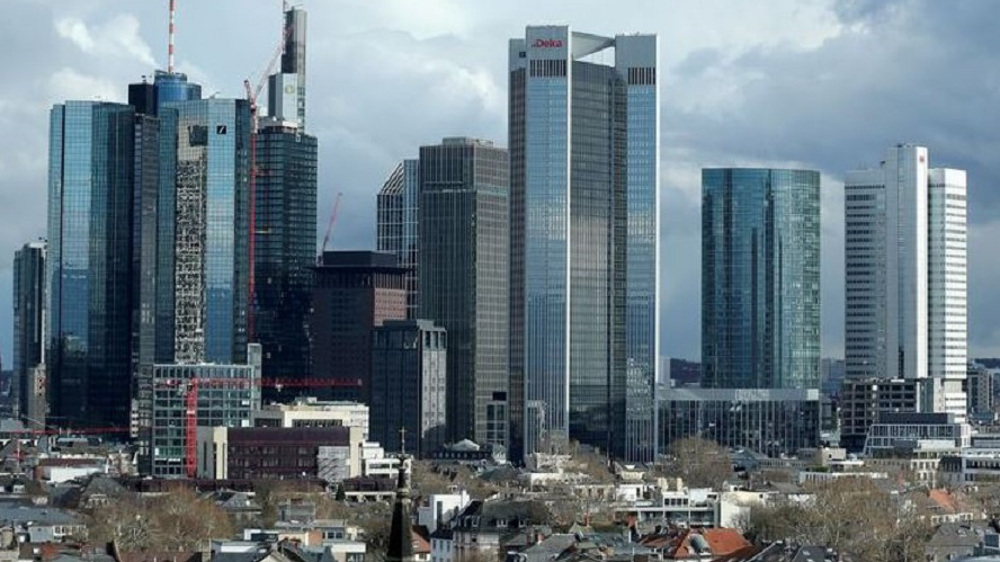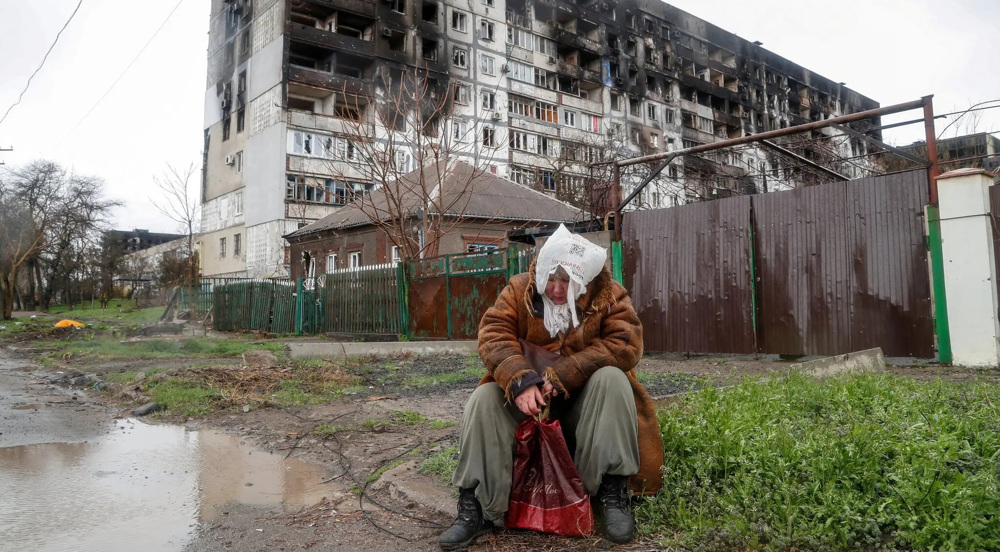4 out of 10 German companies staring at output decline in 2023: Report
Four out of ten German companies are staring at considerable business losses in 2023, according to a report released on Monday, which attributes it to soaring energy costs, supply chain issues, and the simmering war in Ukraine.
A survey by the German Economic Institute (IW) shows around 40 percent of the companies in the country bracing for output decline in 2023.
The IW's survey of around 2,500 German companies cites soaring energy costs, supply chain problems and the protracted war in Ukraine as the root causes of the country's unprecedented economic slowdown.
It found around a third of the German companies expected their output to stagnate while the remaining firms predicted their businesses to grow.
"The risk of a gas shortage in the 2022/23 winter season is no longer as present as it was in the summer of 2022, and energy prices have also retreated since then. However, they remain at a high level and production disruptions cannot be ruled out," the IW suggested in its research seen by Reuters.
"Moreover, it will only become clear in the course of 2023 how extensive gas and energy supply can be built up for the next winter and the extent of any possible disruptions that could occur in 2023."
German industrial orders fell sharply in November last year to hit their lowest level in more than two years, official data showed on Friday.
New orders, which provide a foretaste of industrial output in Europe's largest economy, sank 5.3 percent compared to the previous month to the weakest level since July 2020, federal statistics agency Destatis said.
"The data shows that industry is going through a tough winter,” the German economy ministry said in a statement.
The expectations are especially negative in the German construction sector, where more than half of companies surveyed by IW expect a decline in production and just 15 percent expect business to grow.
Overall, the German economy, which is Europe's largest, is expected to shrink by 0.3 percent, the most among all the G-7 nations, according to the International Monetary Fund (IMF).
IMF chief Kristalina Georgieva has warned that 2023 will be tougher than 2022 for much of the global economy with the United States, Europe, and China all experiencing an economic slowdown.
The top official of the UN financial agency said the new year is going to be "tougher than the year we leave behind" as three big economies were “slowing down simultaneously".
"Why? Because the three main economies - the US, EU and China - are all slowing down simultaneously," Georgieva was quoted as saying on a TV show.
"We expect one-third of the world economy to be in recession," she said: "It would feel like a recession for hundreds of millions of people."
For the first time in 40 years, Georgieva noted, China's growth in 2022 is "likely to be at or below global growth".
In October, the IMF cut its outlook for global economic growth in 2023, reflecting the continuing effect of the Ukraine war as well as inflation pressures and the high-interest rates engineered by central banks like the US Federal Reserve aimed at bringing those price pressures to heel.
Since then, China has scrapped its zero-COVID policy, removing its quarantine requirements for inbound travelers after nearly three years, despite struggling with a nationwide surge of COVID-19 cases.
Meanwhile, the economic outlook for European countries and the United States looks even worse than China. Europe has been hit hard by soaring energy prices and is more likely to head into a recession, according to reports.
The situation looks bleaker in Europe, Georgieva warned in her remarks on Sunday, adding that "half of the European Union will be in recession next year."
VIDEO | Press TV's news headlines
VIDEO | Chaos by design
Banned US thermal bombs 'vaporized' thousands of Gazans: Report
Leader hails Iranians for disappointing enemies with multimillion rallies
VIDEO | 'Land of Angels' sweeps 44th Fajr Film Fest. awards
Iran dismisses claims of detainee rights violations as ‘psychological warfare’
VIDEO | The business of humanity
VIDEO | 47th anniversary of Islamic Revolution marked in Russia













 This makes it easy to access the Press TV website
This makes it easy to access the Press TV website